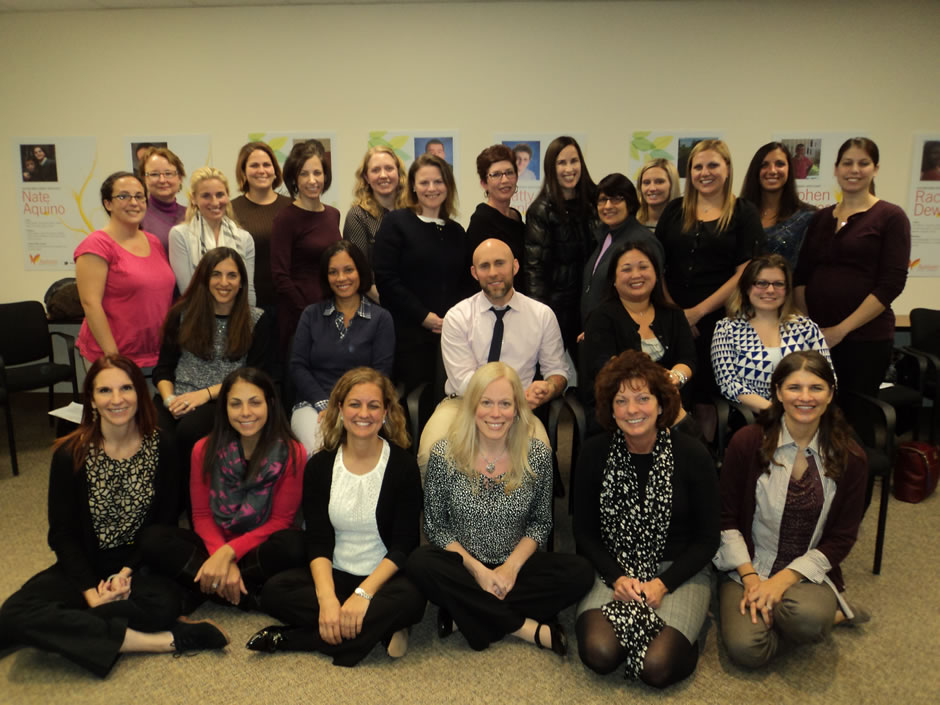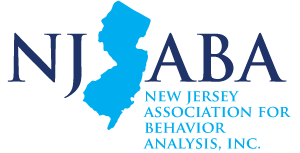MISSION
The NJABA Public School Workgroup is dedicated to promoting the professional practice of applied behavior analysis (ABA) in public schools and increasing public schools’ capacity to provide high-quality behavioral services to all students.
We strive to support to current and prospective behavior analysts with the following:
- Programming including standardized and individualized assessments, curricula, best practices/quality indicators, home and community-based programming
- Safely and effectively reducing challenging behavior including functional behavior assessments, consent, crisis, behavior plans, oversight
- Staff training
- Collaboration with related services
- Collaboration with administrators
- Legal issues and student rights related to ABA services
- Employment-related issues
2023 – 2024 Meeting Schedule
Workgroup meetings will be held via Zoom unless otherwise noted. The Zoom link is sent to workgroup members a few days prior to each meeting.
Meeting dates coming soon!
Please RSVP to the workgroup chair.
Interested, but unsure if you’d like to officially join? Come to a meeting to learn more and network with colleagues. All are welcome! For general inquiries, email info@njaba.org or 609-910-0394.

FAQ
Where can I obtain information about educational services for youth with developmental disabilities?
State-funded services for youth age 3-21 are funded by local school districts in partnership with the New Jersey Department of Education, Office of Special Education Programs (OSEP).
Does the State of New Jersey recognize Behavior Analyst Certification Board (BACB) certification in school settings?
- Yes, the New Jersey Department of Education (DOE) announced the creation a BCBA “job code” on August 26, 2014.
- More information can also be found at the Autism New Jersey website.
- Although the DOE has established a job code for BCBAs practicing in school settings, the BACB certifications are NOT recognized as a NJDOE certification.
- As of this writing, BCBAs who do not hold a DOE-recognized certificate are not eligible for Educational Services Certificates (ESC) for support service personnel.
Where can I learn more about the state Department of Education’s (DOE) perspectives on services for students with autism?
The Dynamic Learning Maps™ (DLM®) project offers an innovative way for all students with significant cognitive disabilities to demonstrate their learning throughout the school year via the DLM Alternate Assessment System.
What curriculum and programming guides are based on the principles of Applied Behavior Analysis and used in public school classrooms?
Curriculum Guidelines
Blanco, S. (2014). ABA Curriculum for the Common Core: Kindergarten. New York: Different Roads to Learning, Inc.
Eden Autism Services. (2012). Eden Autism Assessment and Curriculum Series. Princeton, NJ: Author.
Leaf, R. B., & McEachin, J. (1999). A work in progress: Behavior management strategies and a curriculum for intensive behavioral treatment of autism. New York: DRL Books.
McGreevy, P., Fry, T., & Cornwall, C. (2012). Essential for living: A communication, behavior and functional skills assessment, curriculum and teaching manual for children and adults with moderate-to-severe disabilities. Patrick McGreevy, Ph.D., P.A.
Partington, J. W. (2006). Assessment of Basic Language and Learning Skills-Revised (ABLLS-R). Pleasant Hill, CA: Behavior Analysts.
Partington, J. W., and Mueller, M. M. (2012). Assessment of Functional Living Skills (AFLS). Pleasant Hill, CA: Behavior Analysts, Inc. and Stimulus Publications.
Re-Think Autism, Inc. (2011). Re-Think Curriculum. New York.
Sundberg, M. L. (2008). Verbal Behavior Milestones Assessment and Placement Program (VB-MAPP): A language and social skills assessment program for children with autism or other developmental disabilities. Concord, CA: AVB Press. (updated link)
Academic
Direct Instruction
- SRA Reading Mastery
- SRA Connecting Math Concepts
- SRA Language for Learning
- SRA Language for Thinking
- SRA Spelling Mastery
What are some other tools that behavior analysts have found useful for use in ABA classrooms?
- Edmark Reading
- Menu Math
- Project Read- Language Circle Enterprises
- Reading A-Z
- Reading Milestones
- Touch Math / Touch Money/ Touch Time
Social Skills
- Baker, J. (2006). Social skills picture book for high school and beyond. Arlington, TX: Future Horizons.
- Baker, J. (2003). Social skills training for children and adolescents with Asperger Syndrome and social-communications problems. Shawnee Mission, KS: Autism Asperger Publishing Company.
- Baker, J. (2001). The social skills picture book: Teaching play, emotion, and communication to children with autism. Arlington, TX: Future Horizons.
- Madrigal, S., & Garcia Winner, M. (2008). Superflex … A Superhero Social Thinking Curriculum. San Jose, CA: Think Social.
- McGinnis, E., & Goldstein, A. P. (2011). Skillstreaming the elementary school child: New strategies and perspectives for teaching prosocial skills (3rd). Champaign, IL: Research Press. (early childhood and adolescent levels available)
- Orth, T. (2006). Visual recipes: A cookbook for non-readers. Shawnee Mission, KS: Autism Asperger Publishing Company.
What resources exist to inform our practices when students exhibit dangerous behavior and safety measure such as physical restraint and seclusion are warranted?
The State of New Jersey officially endorses the U.S. Department of Education’s Restraint and Seclusion: Resource Document; also from the U.S. DOE: a Dear Colleague letter (DCL) and question and answer document on the use of restraint and seclusion in public schools.
The NJ Department of Education issued guidance regarding a law that limits the use of restraint and seclusion. This law is designed to protect students from unwarranted restraint/seclusion, ensure proper parental notification, and document use of such procedures in order to analyze and improve educational practices. We encourage parents and professionals to reach out to us with any questions regarding this law and its implementation.
The NJ DOE issued a special education memo dated September 18, 2012, which refers school administrators to the U.S. Department of Education’s document referred to above.
Autism New Jersey Position Statement on the Use of Restrictive Procedures Within Comprehensive Behavior Support Plans was adopted on May 6, 2003 and lists procedural safeguards and best practices.
Public school policies differ on the use of physical restraint and seclusion as each individual Board of Education adopts and approves its own district policy based on state and federal guidelines.
The State of New Jersey does not endorse any specific passive restraint training programs. Use of passive restraint training programs is at the discretion of individual Boards of Education.

